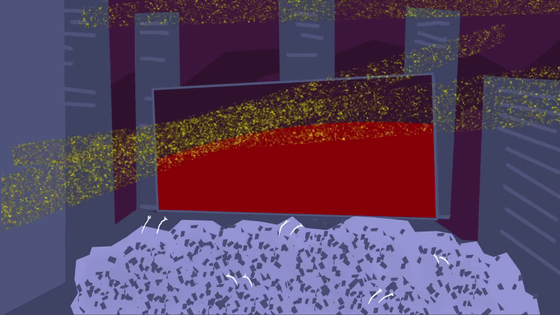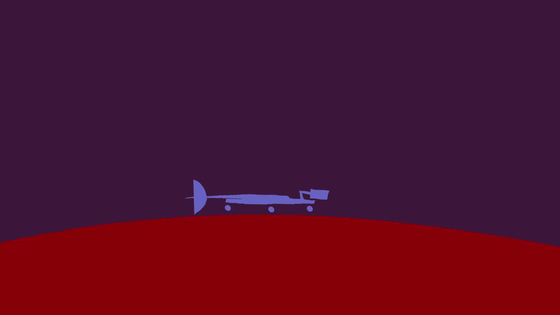Learning from computers "A way to handle time more efficiently"

byUroš Jovičić
Humans are doing multiple tasks at the same time on a daily basis, such as checking mail while brushing teeth or reading newspaper while eating breakfast. However, some people say that they are not able to manage time properly, such as being unable to make time to challenge what they wanted to do. Learn from a computer that seems to be useful for such a person "How to handle time more efficiently"TED-EdI make it a movie and it is open to the public.
How to manage your time more efficient (according to machines) - Brian Christian - YouTube
In 1997, NASA'sMars PathfinderLanded on Mars.

In this mission, Mars Pathfinder sent a large amount of photo data of about 16,000 pieces to the earth.

However, in a few days the mission will head to the wrong direction. How communication broke down.

The task was always given to Mars Pathfinder, but it will fail to perform important tasks. What is going on? There seems to be a bug in Mars Pathfinder's scheduler.

Every OS has what is called a scheduler. This scheduler judges the task to which the CPU is allocated "how long should it take?" And "what task should be handled next?" And so on. Because of this bug in the scheduler, Mars Pathfinder did not do important work.

Thanks to the scheduler, the computer shows superior responsiveness even if you simultaneously execute multiple tasks, such as opening images, listening to music, checking mails. Let's learn how to manage time from such a computer, it is this movie.

The first point to learn from computers is that "the time spent on prioritizing tasks is not the time to spend accomplishing those tasks."

As an example of checking mails, I think that some people choose "important things" from the mailboxes and separate them from "others" as "contents checking mails". It seems like a nice mail management technique, but the movie points out that there is a problem with this.

Why is there a problem? If you check mails this way, if you double the number of mails in the inbox, the time it takes to classify will also double, which will take the whole process of "email check" The time is quadrupled.

Linux programmers also face similar problems in 2003. The programmer seems to have programmed to run the tasks to be executed by the Linux scheduler after ranking it, but sometimes the time it takes to rank is longer than to execute the task It seemed to have been.

This is the same for human beings, and some people may have experienced time that they spent inadvertently while thinking which tasks to prioritize and do.

So, Linux programmers chose a method of "ranking" and "setting a limited number of priority buckets" as a solution counter to intuition. By doing this, the system will not be able to answer so accurately about "What should I do next?", But it seems that it will be possible to prepare more time to execute tasks.

If you replace this with mail management techniques, if it is said that sorting mail is the most important task, there is a possibility that time to check or reply to the essential mail may be short, It is recommended to reply mail in chronological order or completely randomly. Surprisingly, sometimes giving up doing things in a perfect order is said to be helpful in executing the task.

And the second point is about "interruption" of work that occurs frequently in modern society.

When a computer moves from one task to another task, a function called "context switch" is used to bookmark the place to use in one task and replace the contents of the memory from the old data to the new data . There is a trade-off relationship between productivity and responsiveness, which is costly for each of these tasks, so either one is sacrificed if one is emphasized.

This solution is to minimize interruption by minimizing the context switch (migration to another work) when doing important tasks. And by grouping tasks that are not important, it is possible to minimize interruption by collectively processing them.

In computer science these ideas are "Interrupt CoalescingIt is called. It seems to inversely calculate from "How much suspended task can be kept?", Group some suspended tasks together, and collectively digest them.

By 2013, this "Interrupt Coalescing" has dramatically increased the battery life of notebook PCs.

The movie asserts that "Interrupt Coalescing" is also taken into account in human time management, and processing other than important tasks is processed collectively so that "rest" valuable in modern society can be firmly secured .
Related Posts:
in Video, Posted by logu_ii







